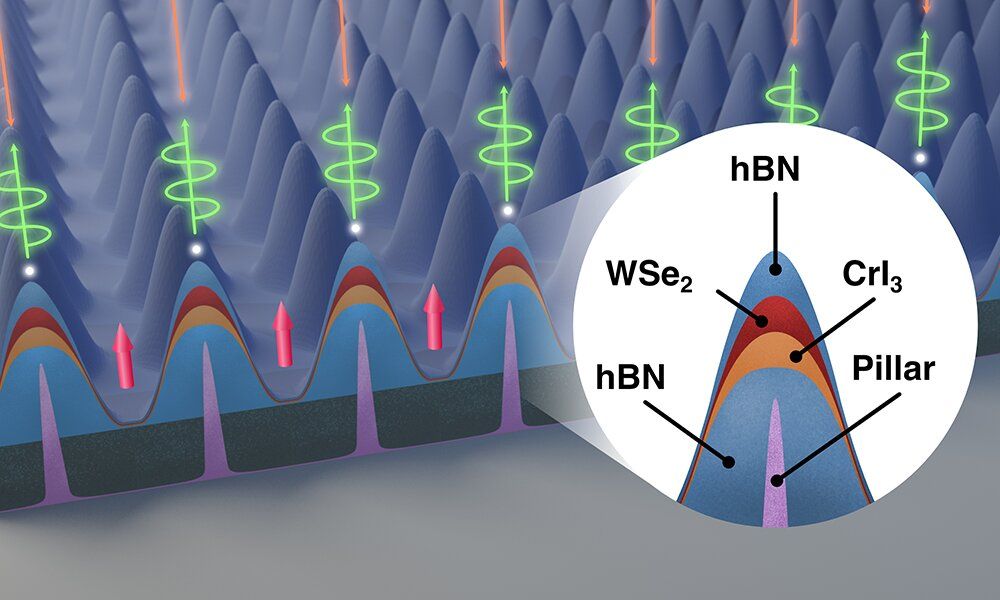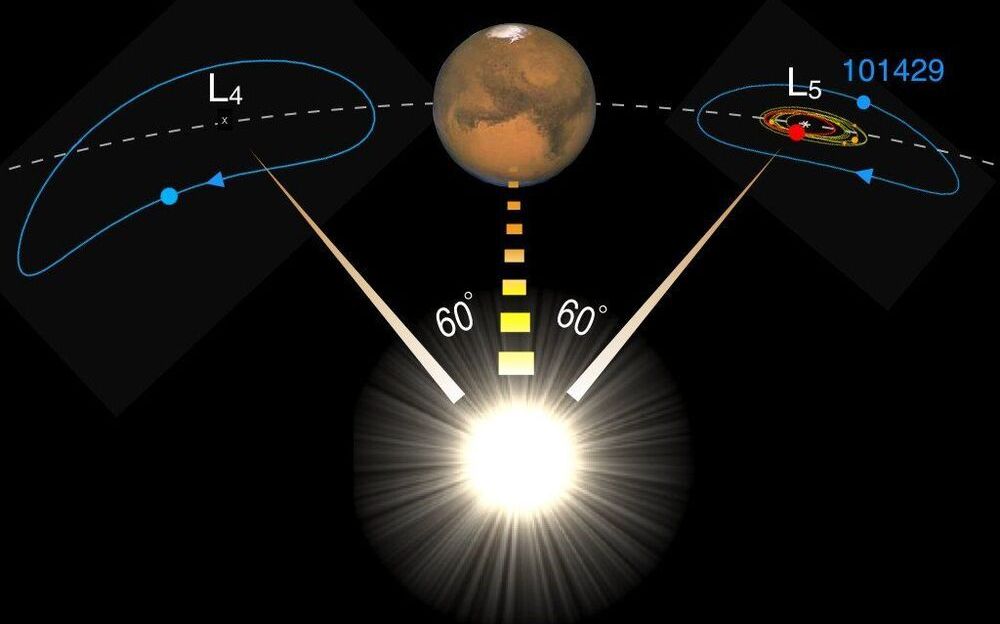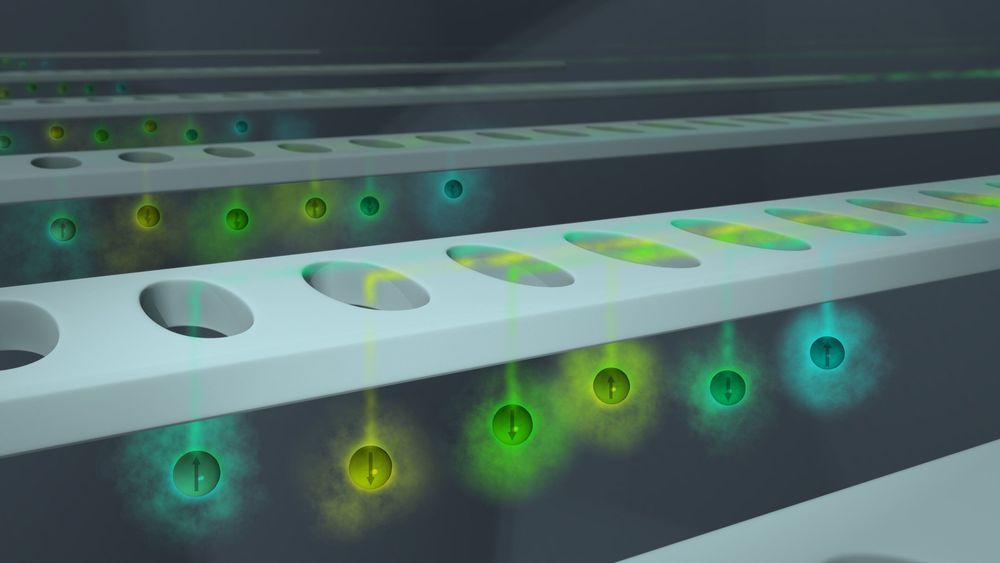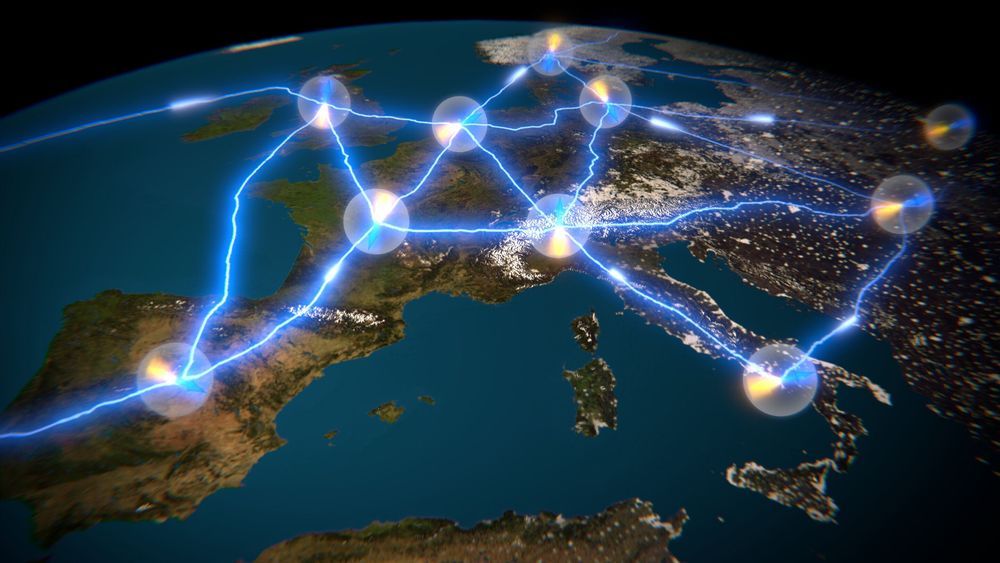For those who are excited about 6G. 😃
Electromagnetic waves are characterized by a wavelength and a frequency; the wavelength is the distance a cycle of the wave covers (peak to peak or trough to trough, for example), and the frequency is the number of waves that pass a given point in one second. Cellphones use miniature radios to pick up electromagnetic signals and convert those signals into the sights and sounds on your phone.
4G wireless networks run on millimeter waves on the low- and mid-band spectrum, defined as a frequency of a little less (low-band) and a little more (mid-band) than one gigahertz (or one billion cycles per second). 5G kicked that up several notches by adding even higher frequency millimeter waves of up to 300 gigahertz, or 300 billion cycles per second. Data transmitted at those higher frequencies tends to be information-dense—like video—because they’re much faster.
The 6G chip kicks 5G up several more notches. It can transmit waves at more than three times the frequency of 5G: one terahertz, or a trillion cycles per second. The team says this yields a data rate of 11 gigabits per second. While that’s faster than the fastest 5G will get, it’s only the beginning for 6G. One wireless communications expert even estimates 6G networks could handle rates up to 8,000 gigabits per second; they’ll also have much lower latency and higher bandwidth than 5G.








